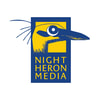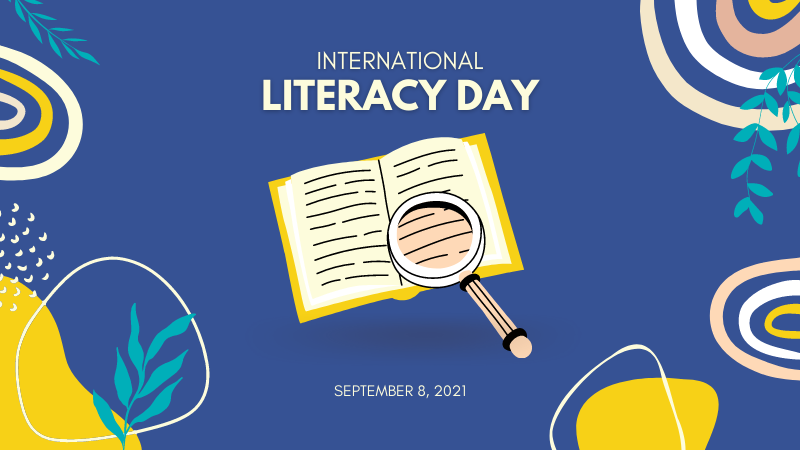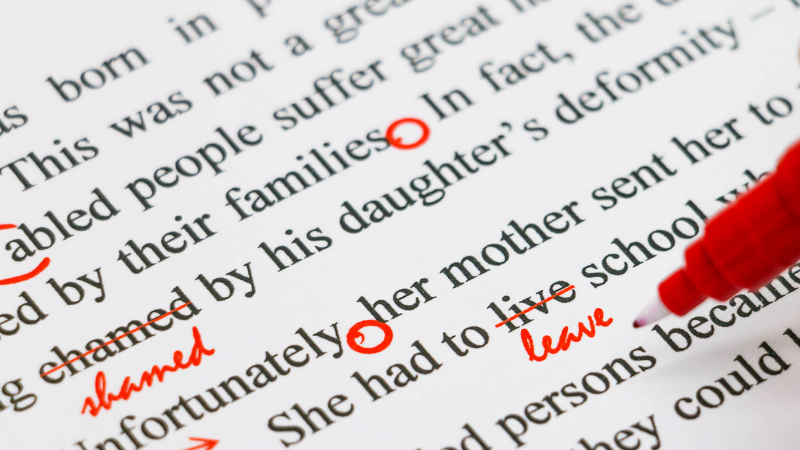|
Are you struggling to find time to write? Stuck on your manuscript? We’ve all been there. It can be hard to remove distractions and create a writing-only space.
But don’t worry; read on for our tips on creating your very own writing retreat, all for free and from the comfort of your home.
0 Comments
As you read this blog post and think of the many people in your lives that you would be able to share this with, it might be hard to believe that “773 million adults and young people lack basic literacy skills” (United Nations). For those 773 million, the ability to read and write is like the invisible key needed to unlock the door to wonders, communication, critical information, and above all, sustainable development.
So you've finished your manuscript and can't wait to send it off. You've mastered your story, checked for typos, and decided which agents and publishers to contact. That just leaves one more step: formatting. However boring it may sound, correct formatting is essential for any prospective author. Read on for some basic how-tos and tips for formatting your manuscript.
So, you’ve finished writing your masterpiece! Congratulations! We bet you’re proud of your work, and you should be. Completing a manuscript is one of the most challenging things to do, especially if you’re new. But now it’s time for the hard part: finding the right editor for your work.
The idea of bringing in an editor to look over your work can be daunting to authors both new and established—but the good news is that you’re not alone. Read on to learn more about how you can start the process of looking for an editor! If you’re a writer, you’ve likely heard about writing communities by now: Online—or even local, in-person—groups that exist solely for the support of writers can be crucial to your craft! You might even be a part of one of these communities dedicated to the support of its members. But, if you haven’t heard of this phenomenon, fear not—Night Heron Media is here to help you understand why you should care about the existence of these communities.
If you’ve chosen to write a novel, you might be wondering the age-old question: How do I stay on track? We hear everyone talk about hitting a certain word count each day, from your peer group, to the writing group, to best-selling authors like Stephen King. But how do they do it? Read on to find out! We’ve provided some tips below for you to keep in mind as you establish how to stay on track.
The publishing world is daunting. How do you navigate contracts, promotions, and events while also producing your best work? Even seasoned authors struggle to find balance.
But don't worry; we’ve compiled a list of the biggest mistakes new authors make. Avoid these common missteps and you’ll have that much more time to work on what really matters: your writing! |
Categories
All
Archives
March 2022
|
|
Help preserve our history and share our stories through the book and media arts by making a tax-deductible donation today.
Night Heron Media is a 501(c)3 non-profit corporation registered in Texas.
|
Copyright © 2024 by Night Heron Media








 RSS Feed
RSS Feed